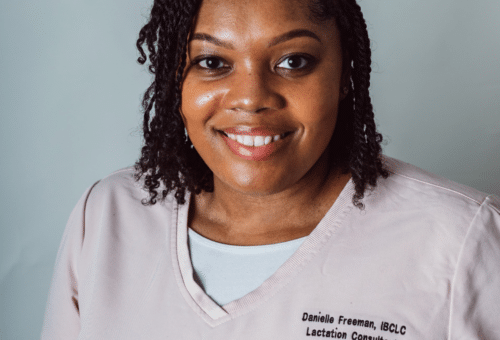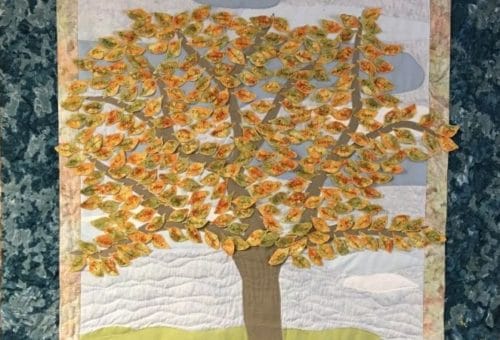
This article on equitable access to donor milk is part of an occasional series on the ways we fulfill our mission.
Providing safe donor milk to babies in need is the heart of our mission. In an ideal world, babies wouldn’t need donor milk because babies would be born on time and their mothers would be able to breastfeed them. In a slightly less ideal world, our milk bank and others would have an ongoing supply of milk and funds sufficient to provide every family who asked for it enough donor milk to support their babies for as long as they needed it, regardless of their finances. We do not live in an ideal world. We must define what constitutes a baby in need and what it means for us to provide that milk equitably.
This affects our freezers and our finances: through hard work, dedicated staff, and volunteer milk donors, we have a milk supply sufficient to meet the needs of our hospital and outpatient orders comfortably. No milk bank has sufficient supply to replace formula use, which, in the ideal world, we would love to do. The Human Milk Banking Association of North America anticipated this problem and created a prioritization triage, to help us define who is a “baby in need.” Like all prioritization triages, it is a guideline, a framework, within which we must exercise our own best judgment. A basic example of triage would be a micro preemie receiving priority over a full-term baby.
In the real world, clinical and fiscal needs sometimes bump into one another. Not all families with babies who have medical need for donor milk can cover the costs. We don’t have sufficient milk to replace formula, nor do we have sufficient funds to provide months or a year’s supply of milk to all babies in need.
Special Assistance Program: How It Works
We are committed to providing milk to babies in need regardless of their zip code, income, or family situation. Achieving this equitably, safely, and sustainability is the work of our Special Assistance Program (SAP). The committee overseeing this program is made up of members of our staff, board of directors, and medical advisory board. A fiscally sustainable, clinically sound, equitable program is a work in progress. After several years of trial and error, here’s how it works now:
- When a family needs milk, but cannot afford the fees, we send them an SAP application that includes financial information (we work hard to be as non-intrusive as possible), a statement from parents explaining their medical and financial need, and requirements for a letter of medical need from the baby’s doctor.
- A staff member reviews the application and forwards only the medical information to two members of the medical team for their review of medical necessity. We separate medical determinations from financial ones.
- Once a baby is home from the hospital, there are very few medical situations in which human milk is a true medical necessity; in almost all cases some form of regular or specialized formula can help the baby. However, that is not to say that donor milk cannot help babies’ gastrointestinal and other bodily systems adjust to the world, help mothers bring in a more full milk supply, and help put parents at ease in the first difficult weeks of adjusting to caring for a sick or fragile baby at home.
- We also ask parents to request insurance coverage. This is rarely successful, but the message about the need, value, and importance of donor milk is beginning to be heard by insurance companies.
- Once the application is complete, reviewed, and accepted, we will provide donor milk for four weeks. The amount of milk, and therefore the cost, varies by baby. New babies’ systems’ mature a lot in one month, and this gives mother time to work toward a better milk supply and to work with health providers on an effective weaning plan from donor milk.
- The two parts of our committee, fiscal and medical, meet together twice a year to evaluate our policies.
As we are implementing this new iteration of our Special Assistance Program, we are hoping that by limiting donor milk financial assistance to four weeks, we will be able to support more babies and families at the time when we can be of most help.
To apply for assistance, please call 617-527-6263 and ask for the Special Assistance Program.
To help ensure that babies in need can receive donor milk, please consider making a tax-deductible contribution to Mothers’ Milk Bank Northeast.








